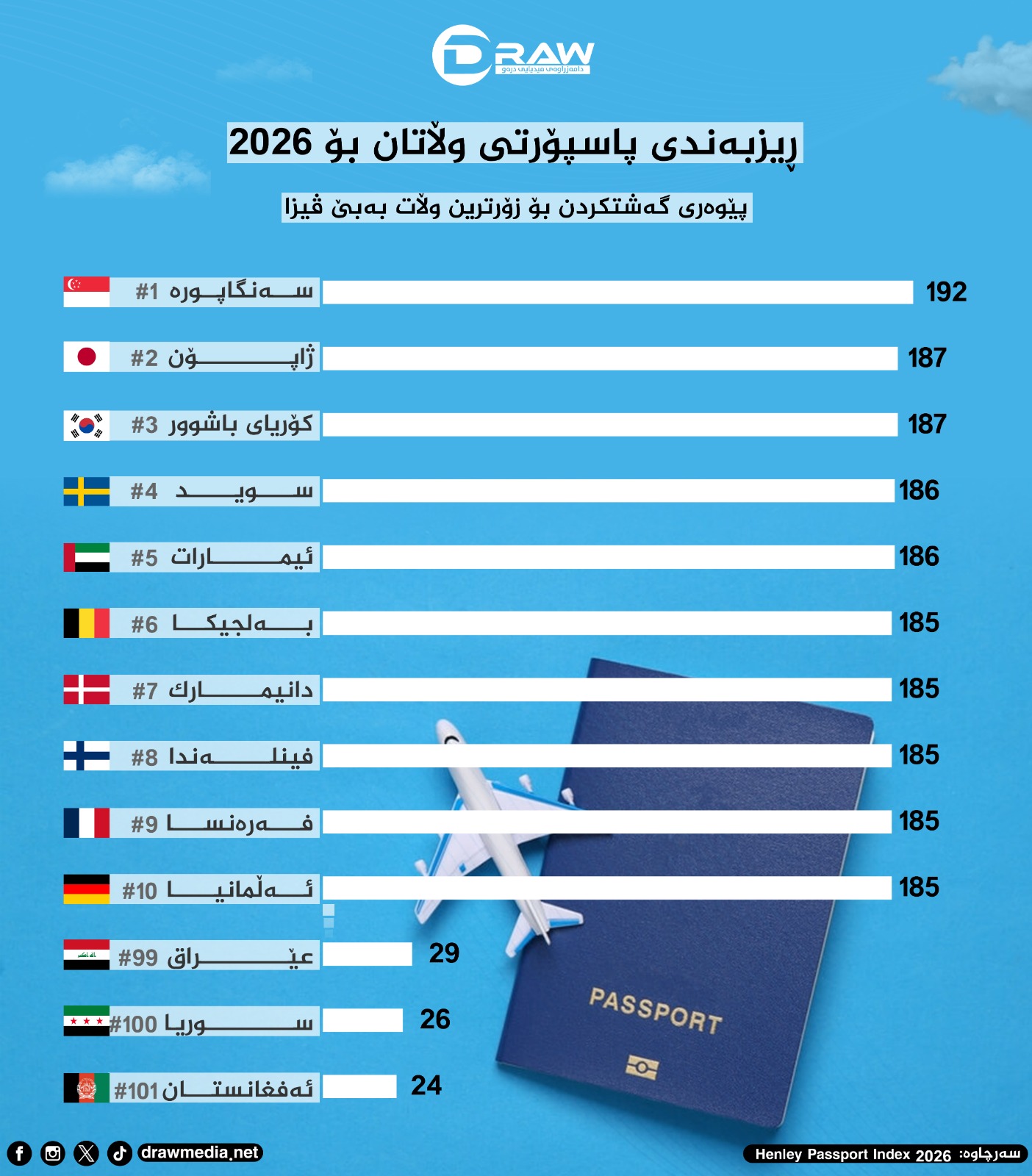Assad’s fall spurs calls to revive Iraq-Syria oil pipeline

2025-01-03 19:22:41
The overthrow of the former Syrian president, Bashar Al-Assad, has brought calls for the revival of the now-defunct pipeline that once carried crude oil from Iraq to a Syrian port on the Mediterranean.
Several Iraqi experts have urged their government to consider rebuilding the facility as an outlet for the Opec member’s oil exports to Europe.
An adviser to Iraq’s prime minister, Mohammed Al-Sudani, said there was a need for negotiations between the two Arab neighbours to set the groundwork for the pipeline’s resurrection.
But other analysts disagreed with these calls, on the grounds that the situation in Syria is uncertain and Iraq’s oil exports to Europe have been falling in favour of Asian markets.
In October 2023, Iraqi officials said rebuilding of the 850 km pipeline was discussed at two-day talks between the state-owned North Oil Company in Kirkuk and several local oil companies.
The official news agency later quoted government spokesman Bassim Al-Awadi as saying Baghdad was thinking of reviving the pipeline to expand export outlets.
Mudhar Saleh, a spokesperson for the Iraqi prime minister, said: “The Iraq-Syria pipeline is one of the vital projects that had shaped the oil industry in Iraq and the entire region.
“Iraq remains in need to revive plans to expand its oil export outlets through the Mediterranean for its European clients... but this issue requires negotiations between the two countries because the pipeline’s part in Syria had been aggressively nationalised by Damascus,” Saleh told the official Iraqi news agency last week.
The pipeline, dating back to the early 1950s, linked Iraq’s oil-rich Northern Kirkuk governorate with the western Syrian port of Baniyas on the Mediterranean. Iraq shut the pipeline between 1982 and 2000 because of political rifts with Syria, and it sustained heavy damage during the 2003 US invasion of Iraq.
Abdul Hussein Al-Hanin, a member of Iraq’s Economists’ Association, says: “I believe it is time for Iraq to discuss with Syria the reconstruction of the pipeline after the recent changes in that country and the US willingness to ease its economic siege of Syria.”
Al-Hanin says the US rejected Iraqi plans to revive the pipeline in 2003, and this prompted Baghdad to consider constructing a pipeline to Aqaba in South Jordan.
Another Association member says he believes a revived pipeline to Syria could be an alternative to the Kirkuk-Ceyhan pipeline, which connects Iraq and Turkey.
“I think there is a tendency now by Iraq to search for new oil export outlets to reduce reliance on the Ceyhan pipeline, which repeatedly faces political and security risks. I see the Syria pipeline as the best alternative in this respect.”
Walid Khaddouri, another Iraqi energy analyst, rebuffs this view, saying the pipeline to Turkey is economically more feasible.
Khaddouri, former information chief at the Kuwait-based Arab Energy Organisation, says: “The pipeline to Syria has not been maintained for decades. Iraq also considers that this pipeline is less economically feasible than the Kirkuk-Ceyhen pipeline when it comes to transporting crude to Europe.
“Furthermore, the European markets have been declining due to a gradual fall in demand. Iraq and other Gulf oil producers are now more interested in Asian markets, to which nearly 65 to 70 percent of their crude is exported.”
Nabil Al-Marsoumi, an economics professor at Basra University, has a similar view. He says, "I don’t believe it is a good idea to think now of reviving the Kirkuk-Baniyas pipeline, because the situation in Syria now is uncertain and unstable.”
Source: AGBI







.png)
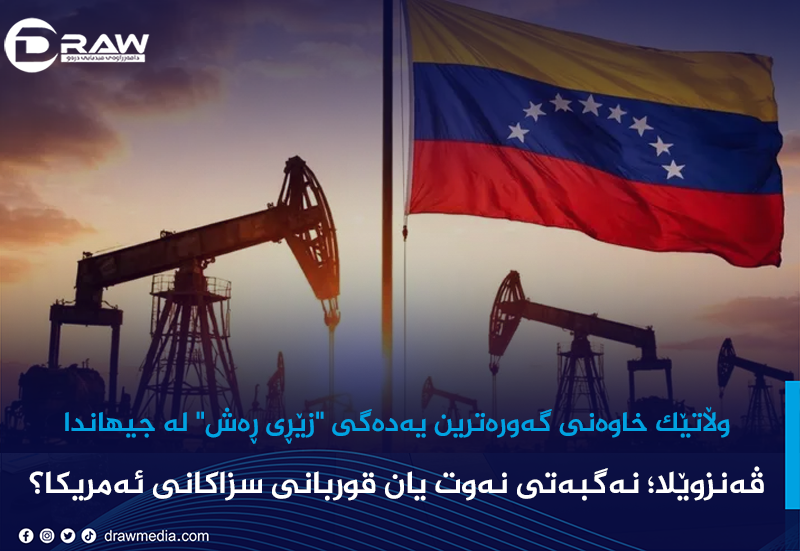
.png)
.png)
.png)






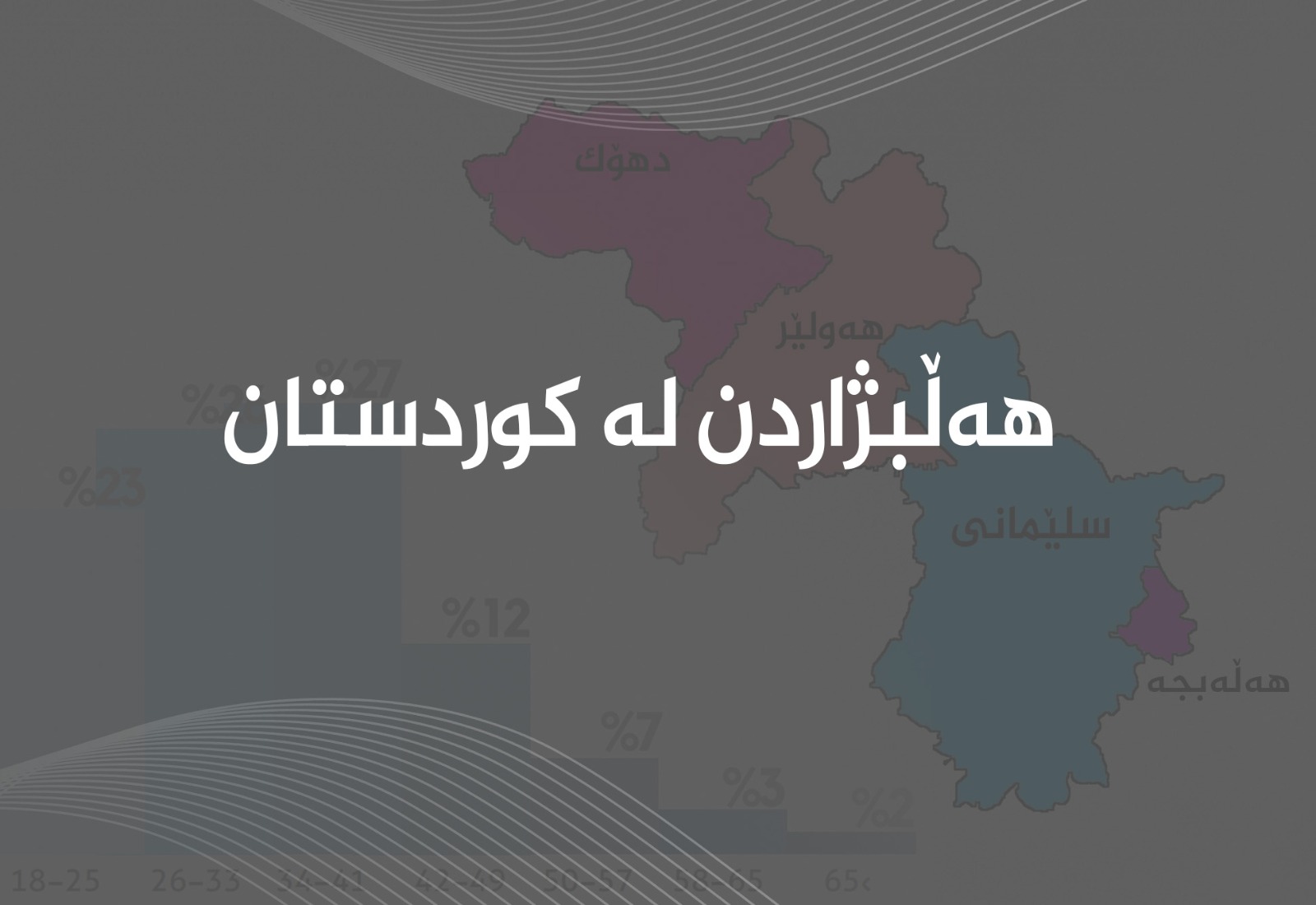

.png)
.png)
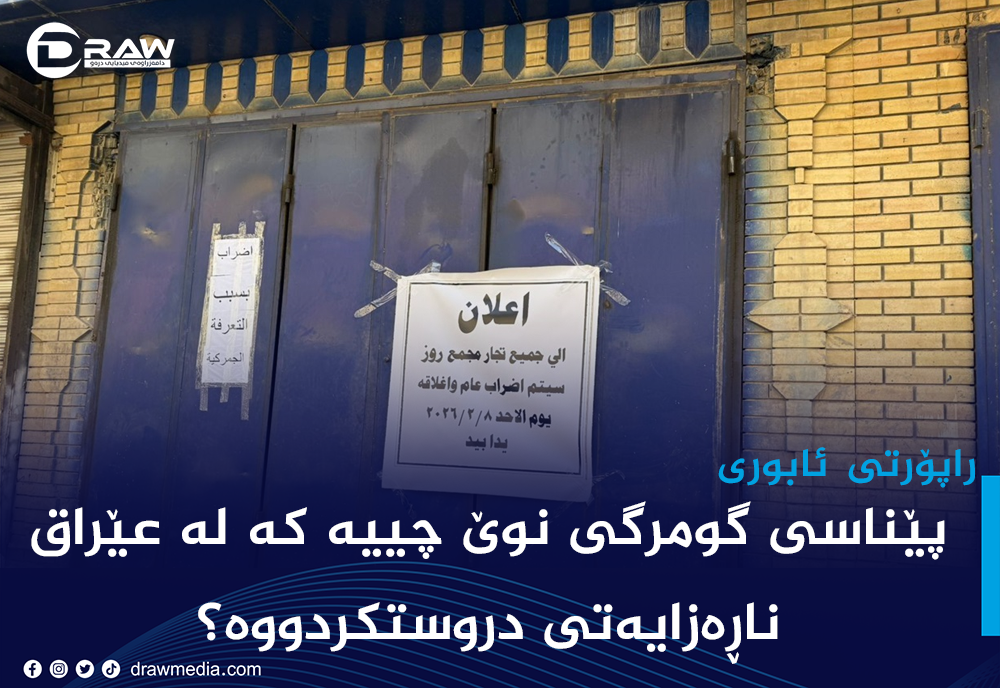
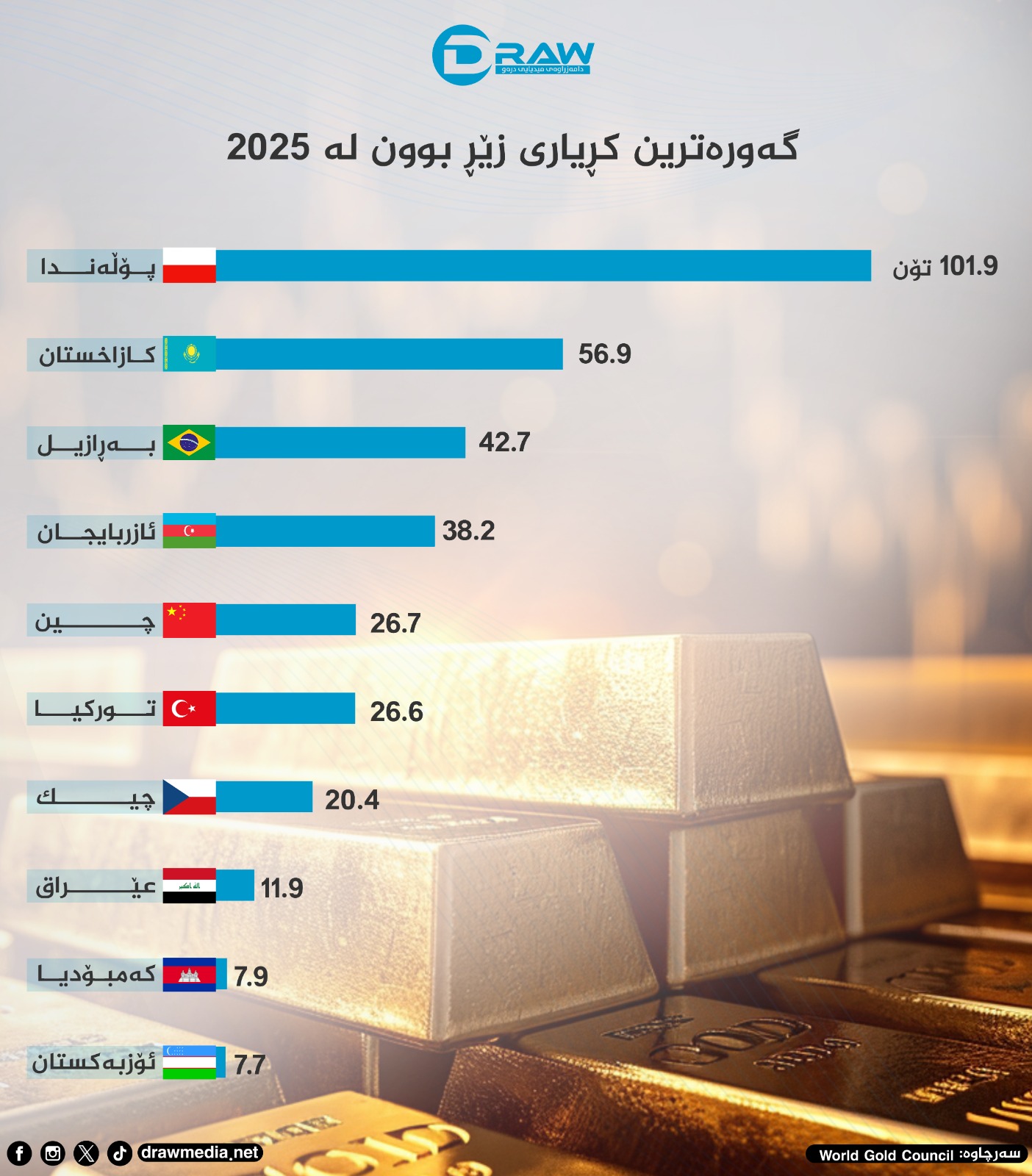
.png)
